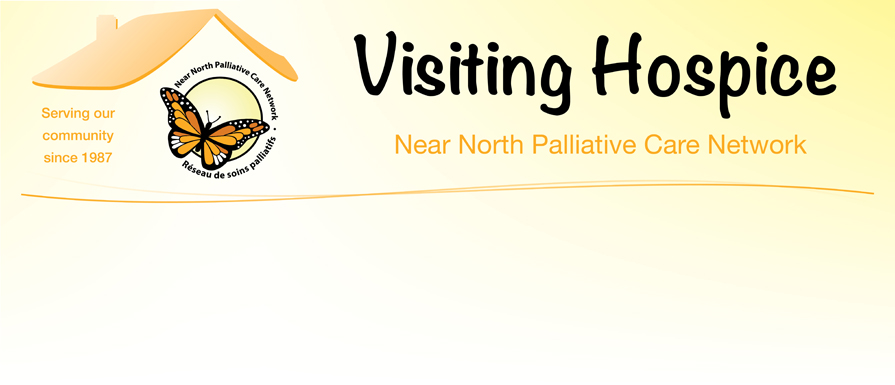50/50 Raffle for Charity
Win big, give bigger!
$10 for 10 tickets
$20 for 30 tickets
$40 for 100 tickets
$100 for 400 tickets
July 12th
GRAND PRIZE DRAW!
NNPCN SERVICES
Dear All,
Please spread the word and share on your networks! Since 1987, NNPCN has worked with direct referrals from the community and healthcare partners.
Since March 14th, 2020, due to the pandemic, we updated our services, policies and procedures, intake and assessment forms to serve our community better and more.
All services are free of charge and accessible to clients. NNPCN is committed to ensuring equal access and participation for people with disabilities. We are committed to treating people with disabilities in a way that allows them to maintain their dignity and independence. We believe in integration and we are committed to meeting the needs of people with disabilities in a timely manner. We will do so by removing and preventing barriers to accessibility and meeting our accessibility requirements under the Accessibility for Ontarians with Disabilities Act and Ontario’s accessibility laws.
The number of clients served by our Volunteers is doubling exponentially from year to year.
All stakeholders are welcome to refer clients to NNPCN. We offer Friendly Visits to combat social isolation among seniors lacking social support, living independently in the community or in facilities; bereavement services, and palliative care Volunteer Visiting Hospice Support Services.
Near North Palliative Care Network is the Volunteer Visiting Hospice of Nipissing and East Parry Sound. Our highly-trained volunteers go where the client is. We provide palliative care support, caregiver’s respite, bereavement and grief support services, all free of charge. Anyone can refer a client to us, or ask for our services to themselves and their family. To refer a client, fill the online form: http://nnpcn.com/client-corner/client-application-form/ .
You can also contact us directly:
Phone: 705-497-9239
Free of Charge: 1-800-287-9441
Fax: (705) 497-1039
Email: [email protected]
NEAR NORTH PALLIATIVE CARE NETWORK IS THE LOCAL VISITING HOSPICE OF NIPISSING AND EAST PARRY SOUND DISTRICTS, ONTARIO, CANADA.
NEAR NORTH PALLIATIVE CARE NETWORK PROUDLY WEARS THE SEAL OF HPCO ACCREDITED VISITING HOSPICE SERVICE.
TO KNOW MORE, PLEASE VISIT HPCO ACCREDITATION PAGE: http://www.hpco.ca/accreditation/
Accreditation assures the delivery of consistent, high quality hospice palliative care among accredited programs and services located throughout the province.
HPCO Accreditation signifies to health professionals, the public and funders that an organization, institution or program is in compliance with industry standards and has been recognized by HPCO based on a rigorous review of overall performance by industry peers. Accreditation also serves as an indicator of commitment to continuous learning and improvement.




